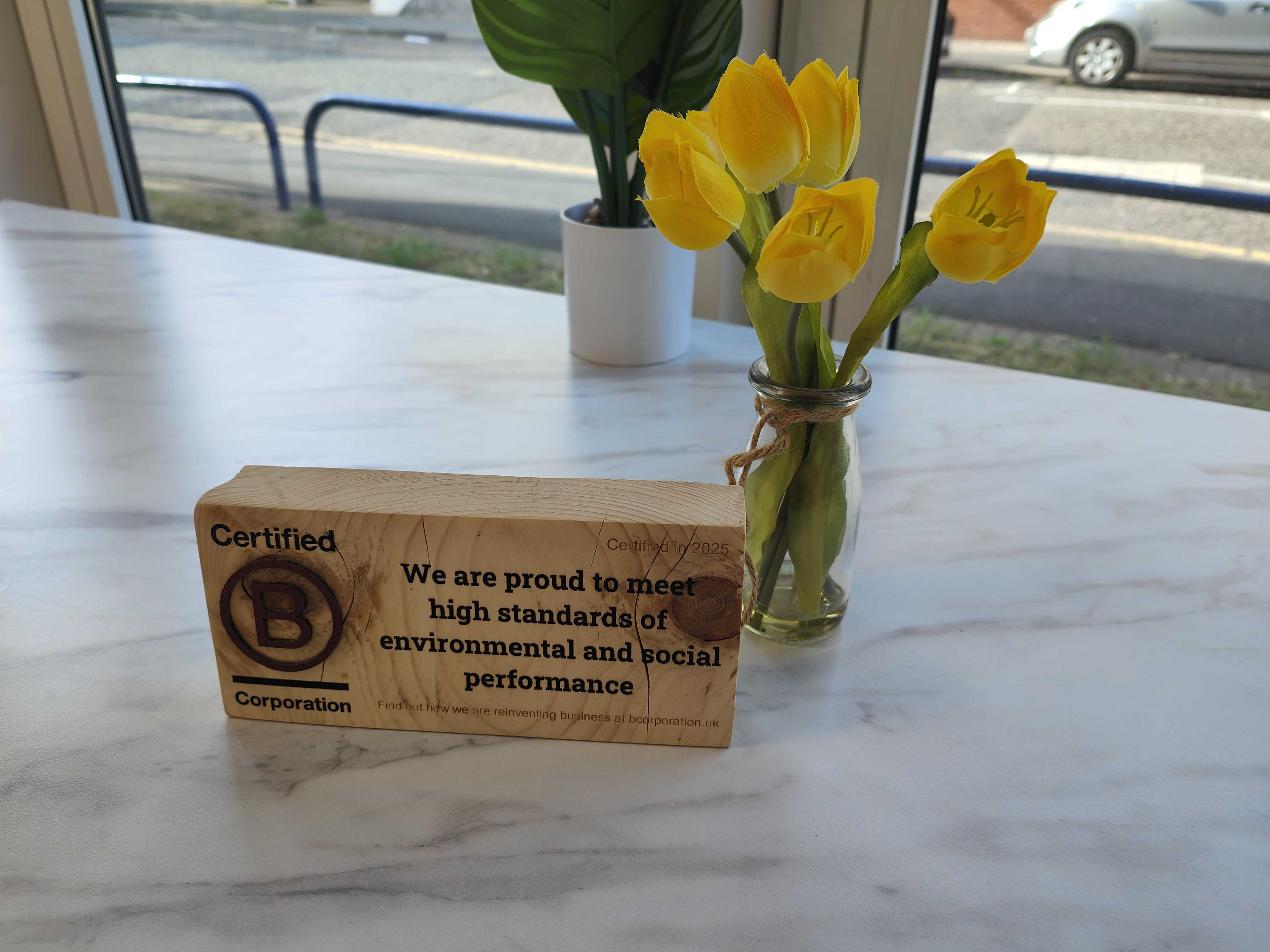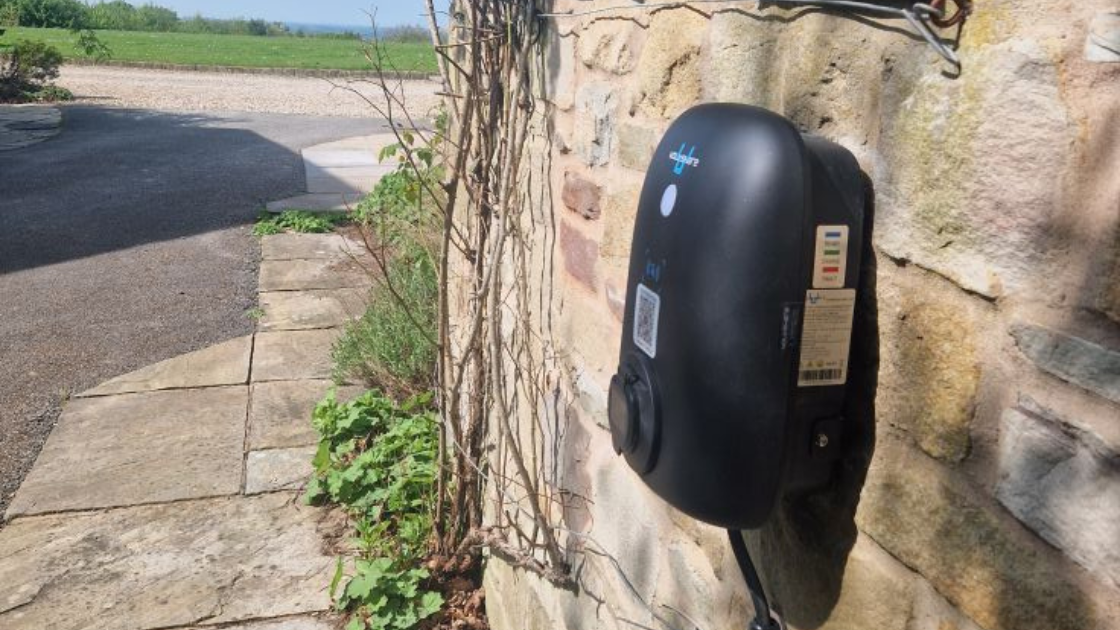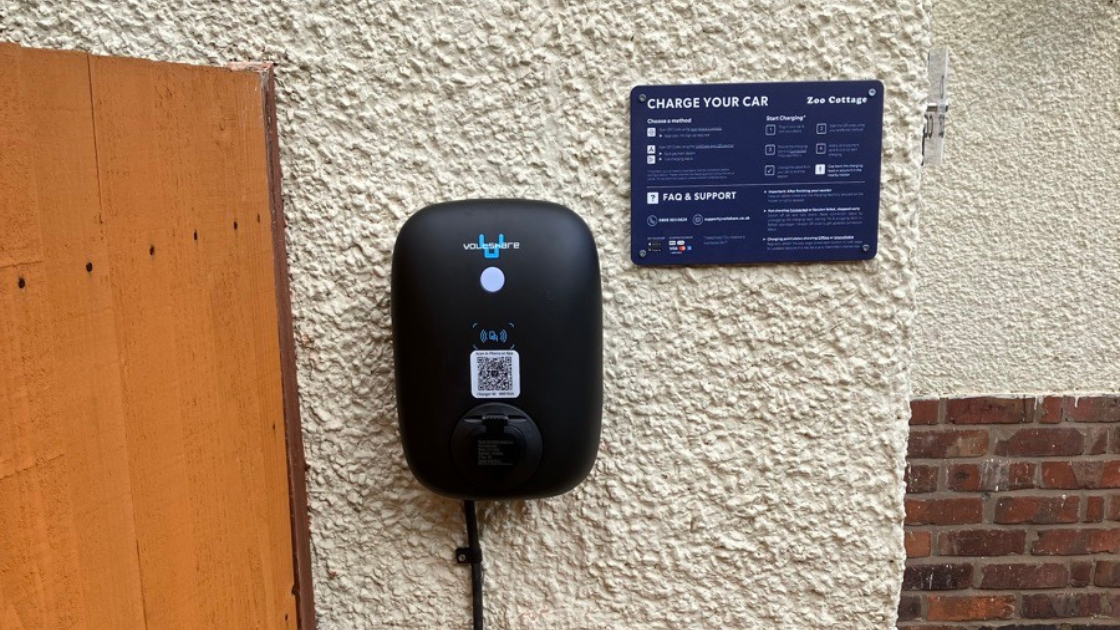Discover how expanding the EV charging network is key to replacing petrol and diesel vehicles and building a sustainable transport future.

Discover how adding EV charging stations can boost hotel revenue, attract eco-conscious guests, and future-proof your hospitality business for the electric vehicle revolution.

The hospitality sector is at a bit of a crossroads as electric vehicles keep popping up all over the UK. With just 1 in 5 hotels currently offering charging facilities, there’s a real chance for hotels and venues to stand out from the crowd.
EV charging has shifted from being a “nice-to-have” to an essential service that can actually sway guest bookings and open up new revenue streams. Hotels, restaurants, and leisure spots that invest in charging infrastructure put themselves in a great position to attract eco-minded travellers—and make a bit of extra income while they’re at it.
Regulatory changes and new tech have made it much simpler for hospitality businesses to get compliant charging set up. If you get a handle on the options, strategies, and long-term benefits, you’ll be in a much better place to make decisions that boost guest satisfaction and help your business grow sustainably.
Pressure is mounting for hospitality to keep up with the EV revolution as guest expectations change and just 8% of public charging locations are at hotels. EV charging isn’t just a perk anymore—it can shape guest satisfaction, revenue, and your reputation for sustainability.
More and more guests expect EV charging as standard. With over 1.3 million EVs already on UK roads and predictions that 55% of vehicles will be electric by 2030, hotels really can’t ignore this shift.
At the moment, just 1 in 5 UK hotels have charging facilities, which puts properties without them at a clear competitive disadvantage.
What do guests actually want?
The charging process should be smooth and low-stress, especially since it’s often the first or last thing guests do at your property. If you’re missing this amenity, you’re likely losing bookings to places that have it sorted.
EV charging doesn’t just tick the sustainability box—it can bring in real revenue and keep guests around longer. Properties can set premium prices for charging, especially during busy times or at higher-end hotels.
Some revenue ideas:
Hotels with chargers pull in eco-conscious travellers and get a leg up on the competition. These guests usually have more to spend and appreciate premium experiences.
Since charging can take anywhere from half an hour to a few hours, guests are more likely to use your restaurant, bar, or spa. That extra time on-site can really bump up their total spend.
EV charging also helps hotels back up their sustainability claims. By making it easier for guests to travel clean, properties show they’re serious about the environment.
Sustainability wins:
Travellers who prioritise sustainability are often actively searching for accommodation with EV charging. Hotels can highlight this in marketing and CSR efforts.

There’s no one-size-fits-all for EV charging in hospitality. Depending on your property’s size, guest mix, and budget, you can choose from fixed on-site installations, smart systems with remote management, and flexible payment setups that slot into your current operations.
Hotels and restaurants usually put dedicated chargers in car parks or set areas. Options range to suit different charging speeds and vehicle types.
AC charging stations (7kW to 22kW) are best for overnight guests—they’ll usually get a full charge in 6-8 hours.
DC rapid chargers (50kW to 350kW) are faster and often chosen by restaurants or venues where guests only stay for a meal or a quick visit.
Wall-mounted chargers are handy for smaller properties with limited space. Pedestal units work for bigger car parks.
Newer EV charging systems come with software for remote monitoring and control. You can see usage, set prices, and manage multiple chargers from one dashboard.
Load balancing helps prevent overloading your electrics—especially important when several guests are charging at once during busy periods.
Scalable systems let you start small and add more chargers as demand grows, without having to rip out what you already have.
Rolling out EV charging isn’t just about picking a charger and plugging it in. You’ll need to think about infrastructure, how it fits with your facilities, how to keep things running smoothly, and how you talk to guests about it. Each piece matters if you want guests to have a hassle-free charging experience and your business to see the benefits.
Think about charging speeds, power needs, and how guests will use the chargers. Level 2 chargers (7-22kW) are good for overnight, while rapid chargers (50kW+) are better for quick stops.
Check your power capacity—how many chargers can your system handle before upgrades are needed? Most hotels need at least some electrical work to support several chargers at once.
New rules require public chargers over 8kW installed after November 2024 to take contactless payments, and all 50kW+ units must have this too.
What to keep in mind:
Power sharing tech lets multiple cars charge without blowing the fuse. Smart systems can also schedule charging for off-peak times to cut energy costs.
Placement matters—chargers should be convenient but not get in the way of daily operations. Sometimes car parks need a rethink to fit charging bays and keep everything spaced out.
Connecting to the main electrical supply usually means running new circuits and maybe getting the utility company involved if you need more power.
Keeping charging stations up and running is crucial. If they go down, guests notice—and so do regulators.
Getting pricing right is a balancing act. You want to stay competitive but also cover your costs. Some hotels just roll charging into the room rate for premium guests, while others offer it as a perk.
Operational Efficiency Measures:
Teaming up with charging network operators can really lighten the management load and keep you compliant. Usually, these partnerships cover everything from setup to ongoing support. For example, voltshare provide 24/7 support for drivers, leaving you free to do what you do best.
Energy management systems help juggle charging with the rest of the hotel's power needs. If you make use of time-of-use tariffs, you can cut charging costs by a surprising amount.
If you're going to offer EV charging, let people know it's part of a genuine sustainability push. Marketing should actually show how guests help cut emissions by charging on-site.
Guests appreciate clear instructions at the chargers. It saves them hassle and reduces those late-night support calls nobody wants to deal with.
Green Initiative Promotion:
Positioning as a forward-thinking establishment helps with brand loyalty, especially among eco-minded travellers. Jumping in early with charging infrastructure shows you’re serious about the environment.
Sustainability reports can include stats on EV charging use and estimated emission cuts. This kind of info helps with CSR messaging and may catch the eye of green-focused corporate clients.
Announcing partnerships with renewable energy or charging providers can boost your green reputation. It signals that your commitment to sustainability goes beyond just ticking boxes.

Adding EV charging can give hospitality businesses a real edge—and bring in new revenue streams. These systems help you stay ahead of regulations and shifting guest expectations as EVs become the norm.
Properties with EV charging service options attract guests who care about sustainability. Only 8% of public charging locations are currently at hotels, so there’s a real opportunity for early movers.
Hotels that offer charging show up higher when guests filter for green amenities. That means more bookings and often the ability to command higher rates.
Guest retention improves when people can charge their cars overnight without leaving the property. Many hotels notice that EV drivers stick around longer and spend more on-site.
Charging points also bring in local EV owners for meals, events, or just a coffee. That extra foot traffic is a nice bonus beyond overnight stays.
EV charging solutions open up several ways to make money. You can go with pay-per-use, subscriptions, or charge a premium for faster DC charging.
Since charging takes a couple of hours, guests often hang out at the bar or restaurant—or browse the shop. That extra dwell time usually means higher spend per visit.
Partnering with network operators lets you share revenue and skip the day-to-day management headaches. It’s a steady income stream with less hassle.
Premium positioning lets you charge more for rooms with EV access. For business travellers, charging is becoming a must-have amenity, not a nice-to-have.
Regulations are getting stricter. Electric vehicle infrastructure is now a requirement in many new commercial projects. With the UK’s 2030 petrol and diesel ban, charging isn’t optional anymore.
New builds have to include EV-ready parking. Retrofitting old properties later is trickier and pricier than just doing it during renovations.
Consumer expectations are shifting fast. Hotels without charging will start to fall behind as EVs become mainstream for all types of travellers.
There are also government grants and incentives to help with the upfront costs. Getting in early means you can still tap into current funding before it changes or dries up.
Hotels face unique technical, regulatory, and operational challenges when adding EV charging. At the same time, modern solutions can generate revenue and help meet guest expectations around sustainability.
First, check if your electrical system can handle the load—most places need upgrades, especially for anything faster than 22kW.
Where you put the chargers matters. Car parks need enough space so EVs don’t block everyone else, and guests can find the chargers easily.
Staying compliant with The Public Charge Point Regulations 2023 means offering contactless payment on chargers above 8kW, plus that 99% uptime and 24/7 support.
Train your staff so they’re ready to help guests and handle basic troubleshooting. Having clear protocols for maintenance is a must.
Charging points take the stress out of travel for EV drivers. Guests can plug in overnight and wake up to a full battery—simple as that.
The convenience factor is huge. 67% of EV drivers choose destinations based on charging facility availability, so this really does influence bookings.
Premium services might include valet parking, where staff move cars once they’re charged. It keeps things running smoothly and guests happy.
Charging stations help move travel toward zero emissions. Hotels play a part in cutting both guest travel emissions and local air pollution.
Green building certifications like BREEAM and LEED now give points for EV charging, making it easier to get those sustainability badges.
Using solar or other renewables for charging takes your environmental impact even further and can lower your energy bills.
CSR reports look better with concrete numbers—hotels can track carbon savings and renewable use from their charging setups.
There are government grants to help with installation—like the Workplace Charging Scheme, which used to offer £350 per socket for those who qualified.
You can make money directly from charging fees—either per kWh or per hour, depending on your setup.
Often, guests spend more on-site when they’re charging. They might grab a meal or extend their stay while waiting.
Tax perks may apply, too. Capital spend on charging infrastructure can sometimes be offset against profits through annual investment allowances.
AC charging points in the 7kW to 22kW range work really well for overnight guests. Most folks can get a full charge during a typical 8 to 12-hour stay, which is pretty much what you want at a hotel.
DC rapid chargers from 50kW-150kW are more at home in motorway services or places where people don’t stick around long. Business travellers can grab a good amount of charge while they eat or take a quick break.
Tethered charging points—those with the cable already attached—make life easier for guests. No need to worry about which cable fits or messing about with adapters.
Smart charging systems with load management help keep things running smoothly. They let several cars charge at once without tripping the building’s power limits, which is a relief for everyone involved.